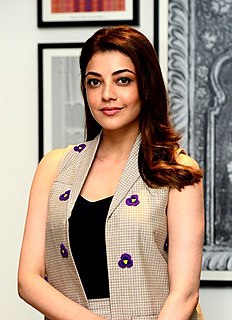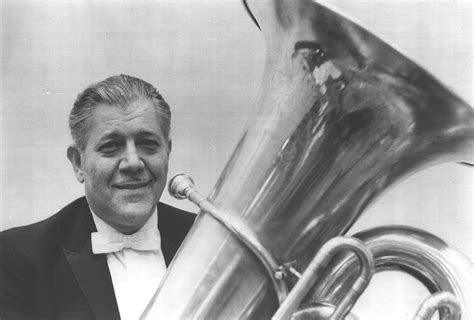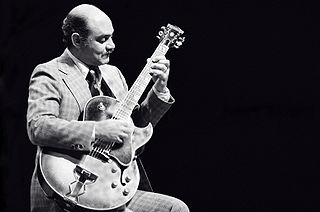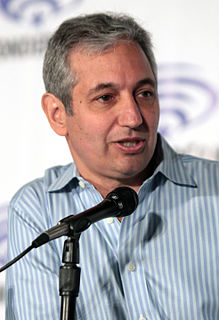A Quote by John Coltrane
I find it's only when something is trying to come through I really practice. And then, I don't know how many hours. It's all day.
Related Quotes
If you understand real practice, then archery or other activities can be zen. If you don't understand how to practice archery in its true sense, then even though you practice very hard, what you acquire is just technique. It won't help you through and through. Perhaps you can hit the mark without trying, but without a bow and arrow you cannot do anything. If you understand the point of practice, then even without a bow and arrow the archery will help you. How you get that kind of power or ability is only through right practice.
There should be a period of time during each practice session when you perform. Invite some friends in to your practice room and play a passage or a page of something. ... What I'm trying to indicate is that each day should contain some amount of performing. You should engage in the deliberate act of story telling each day you practice. Don't only gather information when you practice, spend time imparting it. This is important.
I think humor really is the most effective way for me personally to express myself. When I see an incredible formalist painting, I respect it. I really do. I see its history and I get it. But when I pass something weird or something funny, I totally associate with it. I find myself thinking about it later that day. That's how I know something is thought provoking. That's how I know something is effective.
All I really know in nonfiction is that when I come home, I've got all these notes and I'm trying to figure out what actually happened to me. I usually kind of know what happened, but as you work through the notes, you find that certain scenes write well and some don't even though they should. Those make a constellation of meaning that weirdly ends up telling you what you just went through. It's a slightly different process, but still there's mystery because when you're bearing down on the scenes, sometimes you find out they mean something different than what you thought.
I go through periods where I work a great deal at all hours of the day whenever I am around a typewriter, and then I go through spells where I don't do anything. I just sort of have lunch - all day. I never have been able to stick to a schedule. I work when there is something due or when I am really excited about a piece.
Do you know that the words meditation and medicine come from the same root? Meditation is a kind of medicine; its use is only for the time being. Once you have learned the quality, then you need not do any particular meditation, then the meditation has to spread all over your life. Only when you are meditative twenty-four hours a day then can you attain, then you have attained. Even sleeping is meditation.
I grew up playing the guitar. I started when I was nine, and by the time I was nine and a half or ten, I was doing seven or eight hours' practice every day. I did two hours' practice at six o'clock in the morning before I went to school, and another two hours as soon as I got home from school in the afternoon. Then I did four hours at night before I went to bed. I did that until I was fourteen or fifteen.
Directing is a very all-consuming job. What you want to do there, as you're coming down the final road, is to just sit back and enjoy and let the wind flow through your hair. When you're directing, you're sitting there going, "I need to make this shot. How many hours do we have left in the day? How many hours behind are we?" You're just constantly worried about doing the job.




































